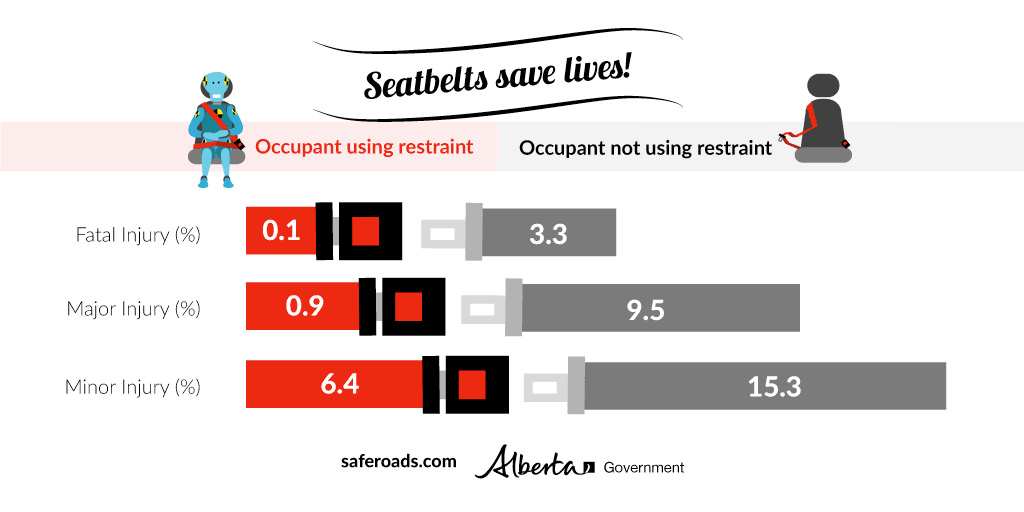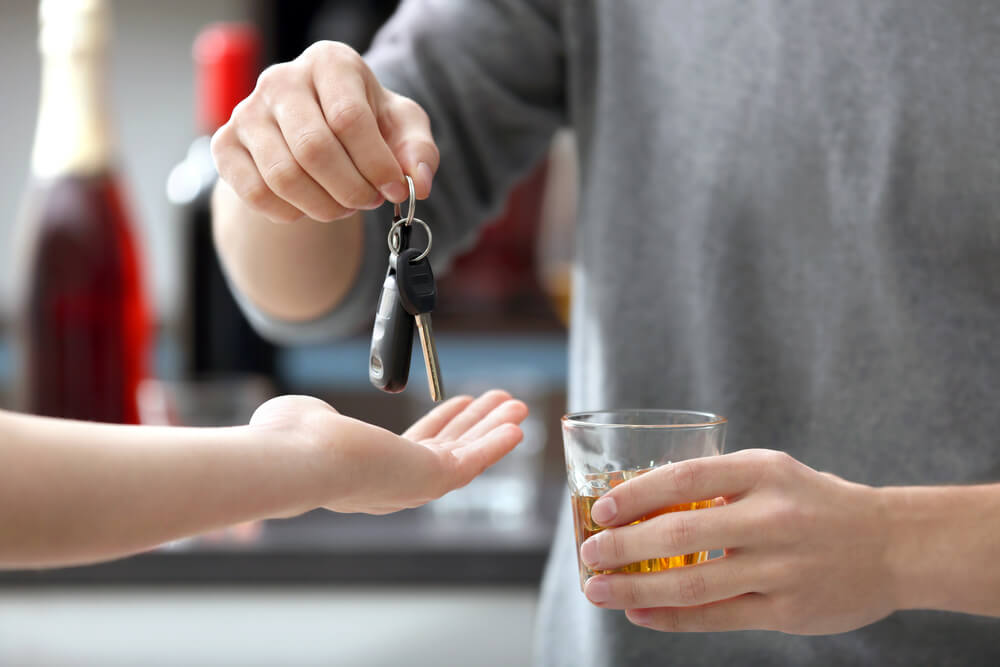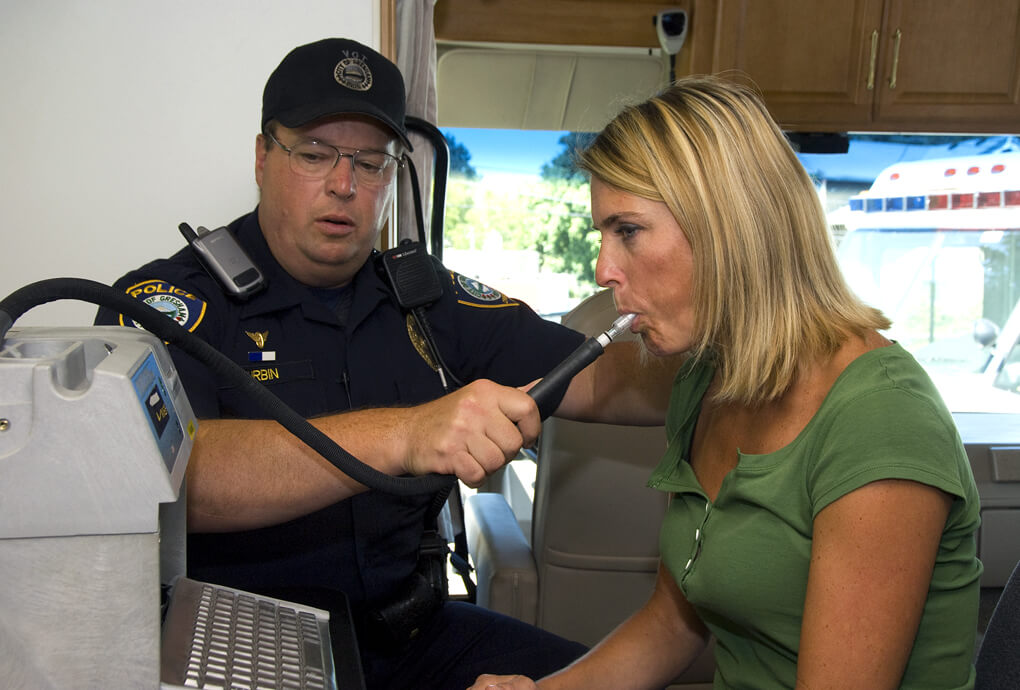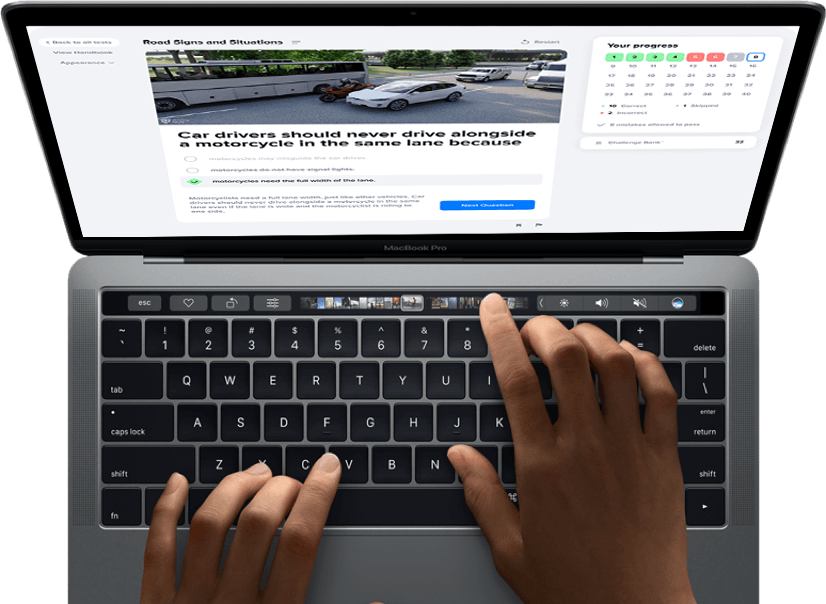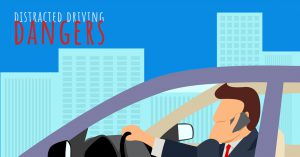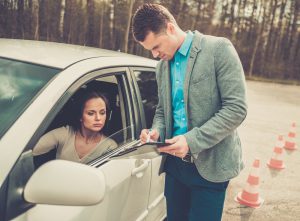Someone dies as a result of alcohol impaired driving every forty-eight minutes in the United States according to the Center for Disease Control. The CDC also states that roughly one-third of all automobile accidents are the result of impaired driving. These are alarming statistics. Drivers should understand that one of the most dangerous obstacles that they will face while driving is the drunk driver. It is likely that you pass an intoxicated driver quite often without realizing it and it is only a matter of time before someone who has stubbornly decided to drive after having too much to drink puts your life in jeopardy because of their poor decisions.
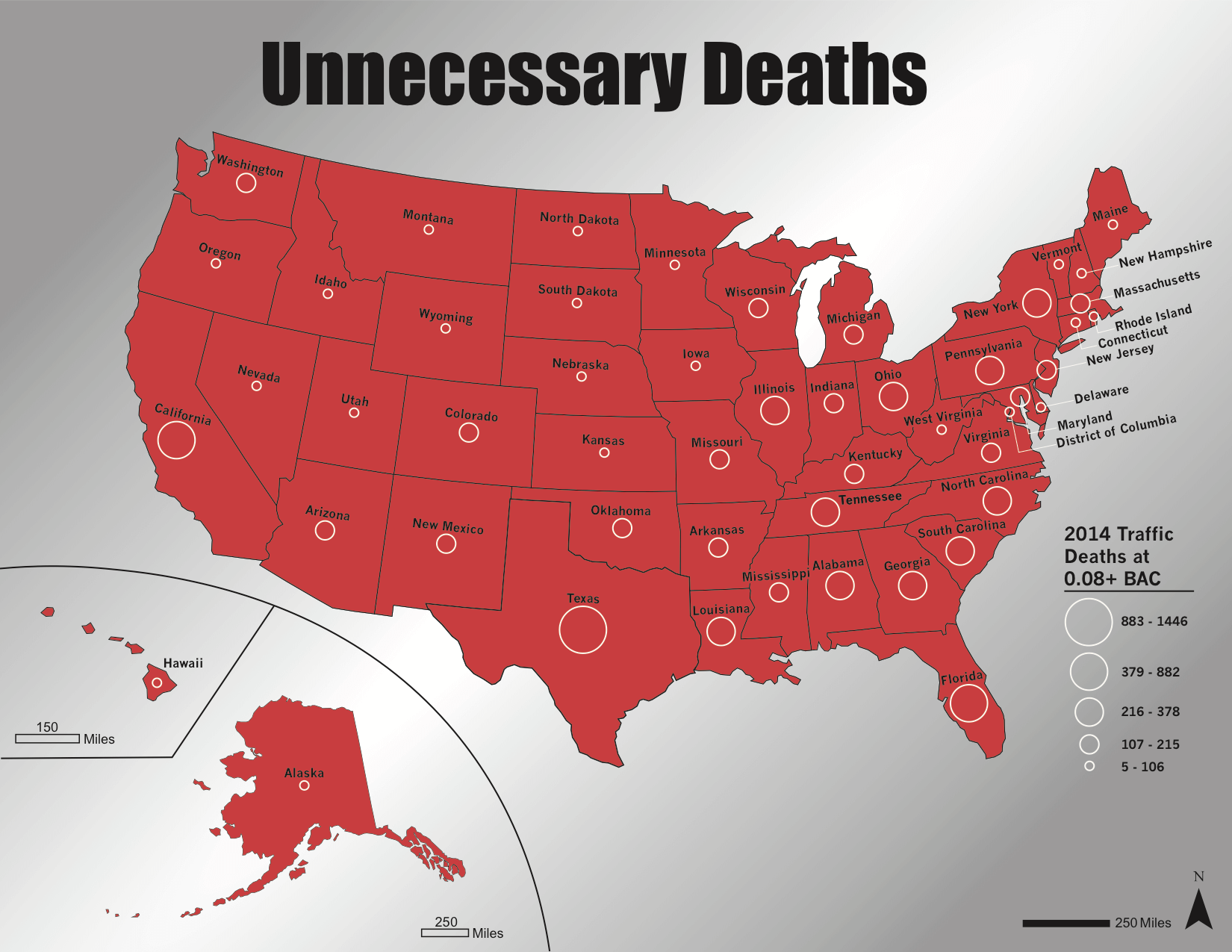
All drivers must constantly be on the defensive to protect themselves against the uncontrolled driving of individuals who are under the influence of alcohol or drugs. Refusing to operate a vehicle when you yourself have been drinking is the first and most important defense against being involved in an accident caused by impaired driving. However, most of these accidents are the fault of a drunk driver but affect a perfectly sober one. Here are a few tips to help protect yourself and your passengers from impaired drivers.
How to Defend Yourself from Drunk Drivers
- 1
Buckle your seatbelt!
The main argument is that seat belts reduce the risk of death in accidents by around 50% (Government of Alberta)![seatbelt]()
Properly using your seatbelt is your number one defense against drunk drivers. While there is only so much you can do to avoid impaired drivers on the road, a seatbelt is proven to reduce the likelihood of a crash being fatal. Fasten your seatbelt every single time you drive and insist that all of your passengers so the same.
- 2
Maintain a generous following distance.
Staying back several car lengths will allow you to notice the erratic driving of a drunk driver before he or she is directly in your route. If you notice a car swerving, slowing and speeding up repeatedly, or that a driver is acting strangely, keep your vehicle as far as possible from it. Turn off your cruise control if necessary. Additionally, call local law enforcement so that the potentially impaired driver can be pulled over and removed from the roadway if he or she is in fact driving under the influence.
- 3
Use extra caution at intersections.
Accidents involving drunk drivers often occur at intersections when they fail to obey stop signs or traffic signals. Take your time as you drive through intersections, making sure to look both ways and yield to any oncoming traffic. Here is an intersection guide if you need to refresh the rules of passing:
- 4
Avoid driving late at night
Avoid driving late at night, particularly on weekends. It only makes sense that the majority of accidents involving impaired drivers happen late in the evening or in the wee hours of the morning. This is particularly true on weekends. If you can avoid driving late at night, please do so. It is best not to put yourself on roads that are likely to have an above average concentration of intoxicated drivers.
- 5
Holidays can be particularly hazardous.
Be highly aware of the possibility of encountering drunk drivers on and around holidays, especially summer holidays and New Year’s Eve.
- 6
Be a designated driver.
After designated driving became popular in the 1980s, the decline in drunk driving fatalities was huge: nearly 24% in four years![designated driver]()
Staying sober and volunteering to drive home people who have been drinking and would otherwise drive themselves is a proactive way to keep drunk drivers off of the road and prevent yourself from being involved in an accident caused by impaired driving. Be the responsible person who volunteers to be the designated driver and feel great about the lives you are saving.
- 7
Participate in police check-points.
Local law enforcement agencies often set up check-points late at night on highly travelled roadways in an attempt to catch impaired drivers. First, always be respectful to the officers who are manning these check-points; they are trying to save lives. One thing that can make these check-points useless is people sharing their location. Refrain from telling friends or family members where you encountered a check-point until several hours later. Word of mouth can warn drunk drivers of the check-point location and render useless the officer’s efforts.
The legal limit of blood alcohol concentration is 0.08% (OregonDOT)![breath test]()
Intoxicated and impaired drivers are a very real danger for drivers and passengers on literally every roadway in the country. Accidents involving impaired drivers are not limited to one particular area or one type of roadway. A drunk driver can cause an accident anytime, anywhere. Remember to wear your seatbelt, be aware, and volunteer to be a designated driver.

